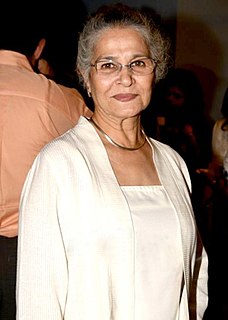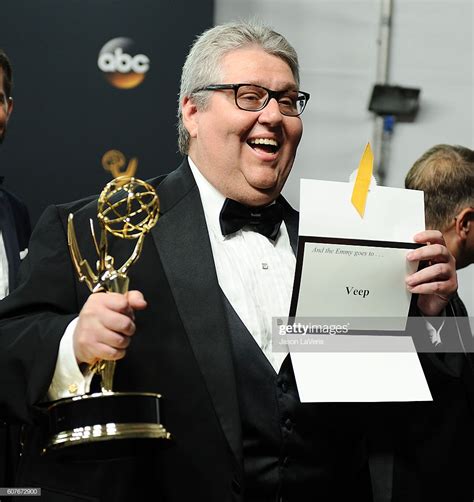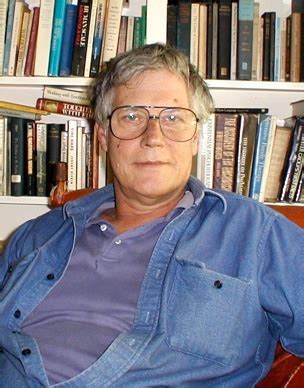A Quote by Paul Newman
We are such spendthrifts with our lives, the trick of living is to slip on and off the planet with the least fuss you can muster. I’m not running for sainthood. I just happen to think that in life we need to be a little like the farmer, who puts back into the soil what he takes out.
Related Quotes
A farm includes the passion of the farmer's heart, the interest of the farm's customers, the biological activity in the soil, the pleasantness of the air about the farm -- it's everything touching, emanating from, and supplying that piece of landscape. A farm is virtually a living organism. The tragedy of our time is that cultural philosophies and market realities are squeezing life's vitality out of most farms. And that is why the average farmer is now 60 years old. Serfdom just doesn't attract the best and brightest.
Not completely, but neither of us gets mad when the other doesn't text back or call. Life's super-busy. Obviously you know what they're doing, and you trust them. We're so young that it would almost be like if we lived in the same city, what would happen? We'd be living together. At least this way he's in the same boat as I am: We can go out and have our own lives and know that we have each other.
The only thing more unthinkable than leaving was staying; the only thing more impossible than staying was leaving. I didn't want to destroy anything or anybody. I just wanted to slip quietly out the back door, without causing any fuss or consequences, and then not stop running until I reached Greenland.
We are living as if we had three planets' worth of resources to live with rather than just one. We need to cut by about two-thirds our ecological footprint. For that we need one planet farming as well as one planet living - one planet farming which minimises the impact on the environment of food production and consumption, and which maximises its contribution to renewal of the natural environment
Yet soil is miraculous. It is where the dead are brought back to life. Here, in the thin earthy boundary between inanimate rock and the planet's green carpet, lifeless minerals are weathered from stones or decomposed from organic debris. Plants and microscopic animals eat these dead particles and recast them as living matter. In the soil, matter recrosses the boundary between living and dead; and, as we have seen, boundaries-edges-are where the most interesting and important events occur.
To know how other people behave takes intelligence, but to know myself takes wisdom. To manage other people's lives takes strength, but to manage my own life takes true power. If I am content with what I have, I can live simply and enjoy both prosperity and free time. If my goals are clear, I can achieve them without fuss. If I am at peace with myself, I will not spend my life force in conflicts. If I have learned to let go, I do not need to fear dying.
Our bodies are garbage heaps: we collect experience, and from the decomposition of the thrown-out eggshells, spinach leaves, coffee grinds, and old steak bones out of our minds come nitrogen, heat, and very fertile soil. Out of this fertile soil bloom our poems and stories. But this does not come all at once. It takes time. Continue to turn over and over the organic details of your life until some of them fall through the garbage of discursive thoughts to the solid ground of black soil.



































